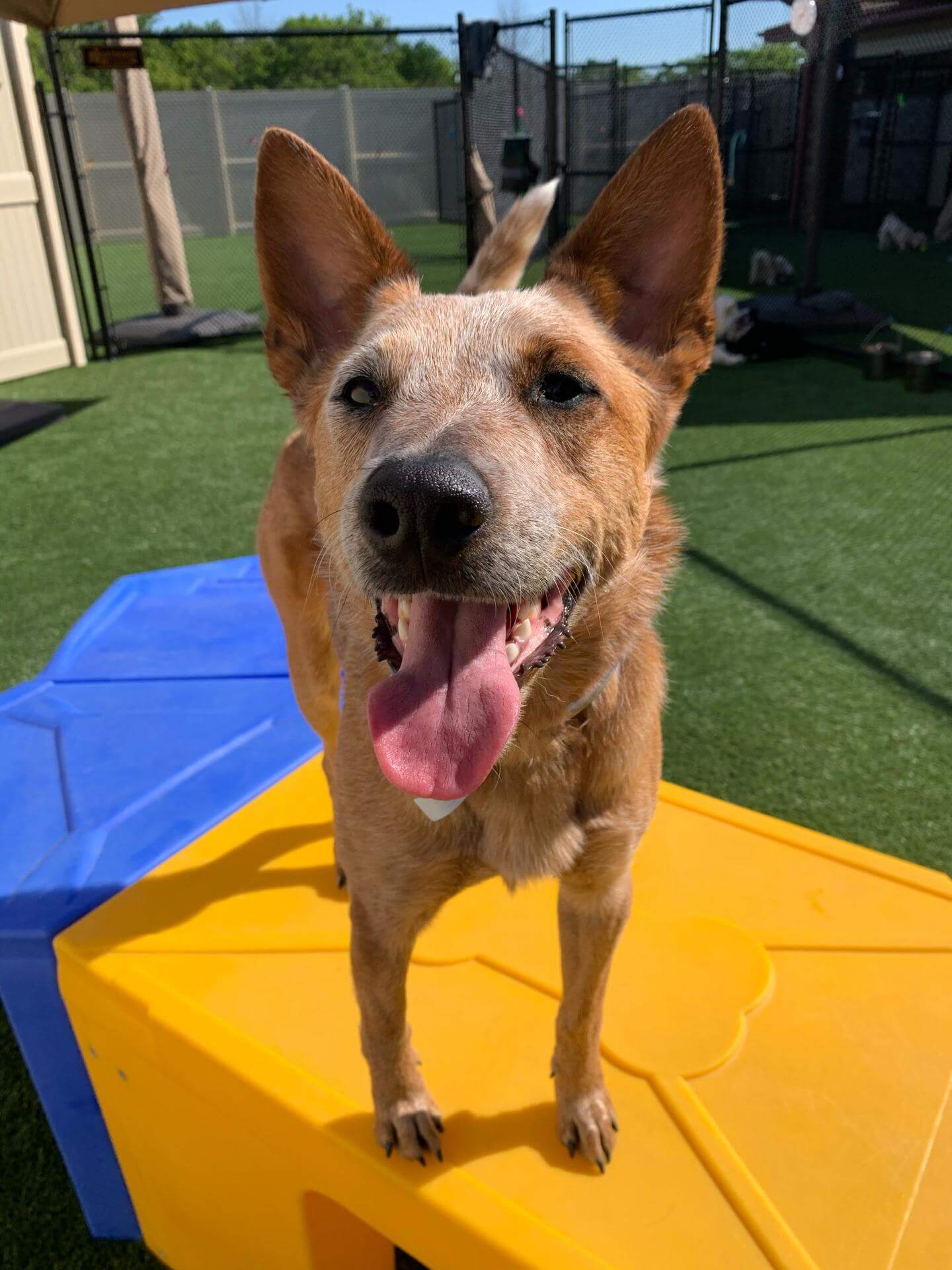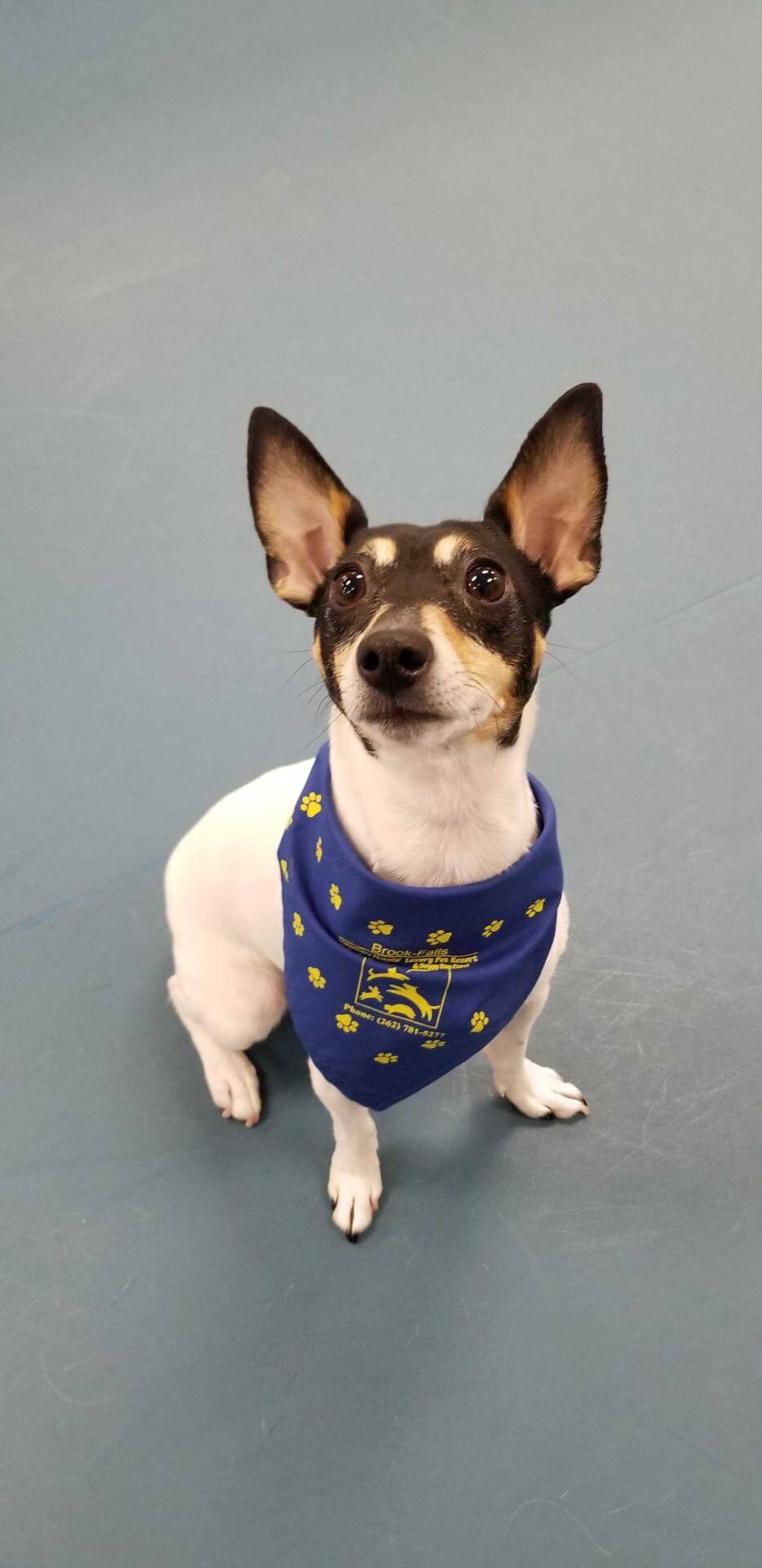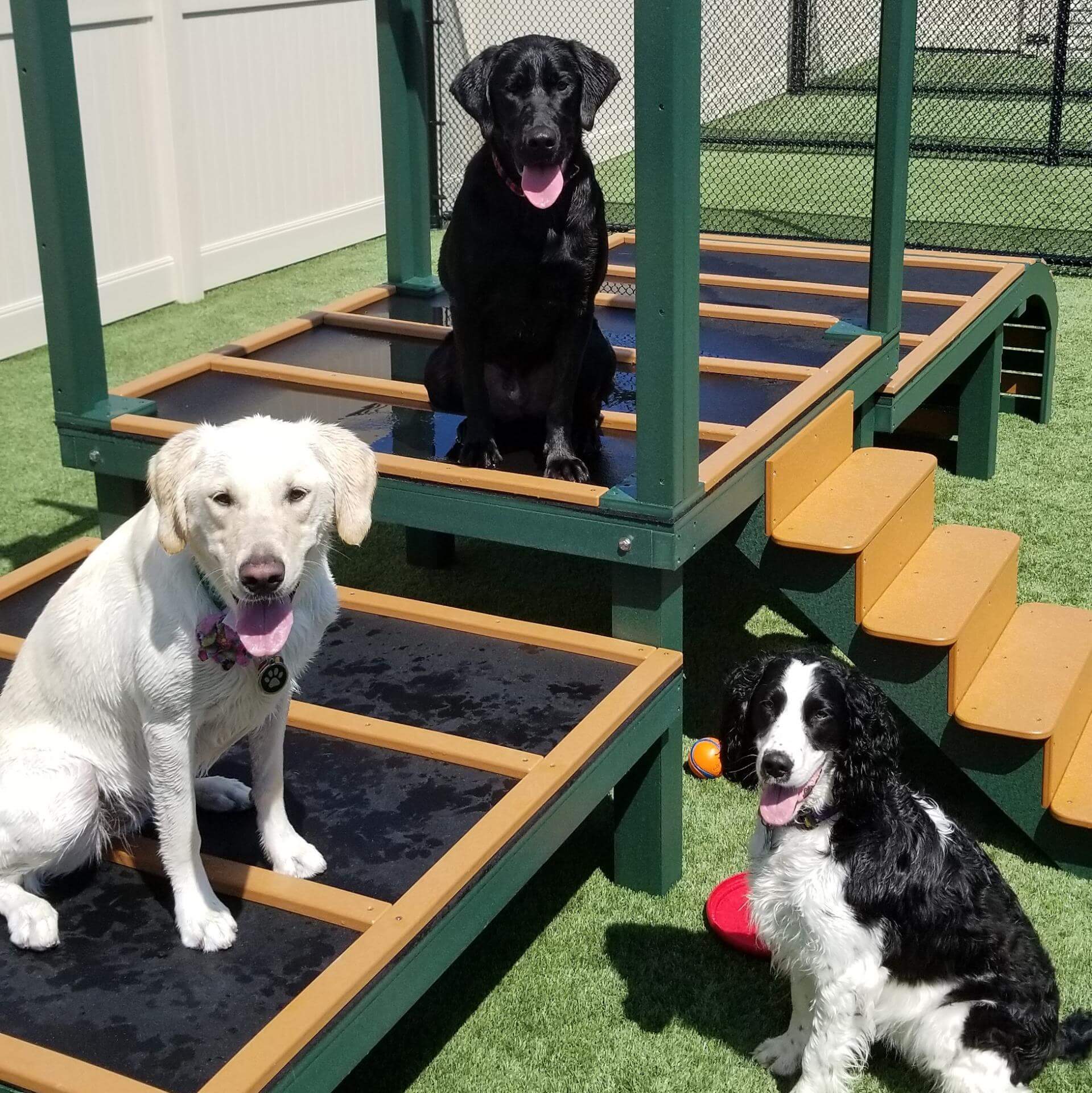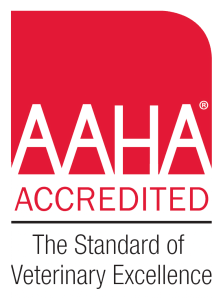Ever wonder if Fido would enjoy the group play setting of a doggy daycare? While each dog is an individual, we will go over a few of the breed groups seen most in daycares and discuss the traits that make them best suited to get the most enjoyment out of group play. In contrast, we will also list a few breed groups that traditionally do not do as well.
Dogs in the Sporting group are most often seen in our playgroups due to their high energy and fun-loving, people-pleasing nature. These dogs are highly intelligent and also excel in many canine sports other than their traditional hunting roles. Labrador and Golden Retrievers along with their “Doodle” counterparts tend to make up a large portion of the group. However other breeds like Pointers and Spaniels do particularly well also. Due to the instinct to hunt, these dogs are usually very ball-driven and can become possessive of toys. Another thing to watch for in a group is the tendency to become too intense/ aroused in group play due to their high energy level. These two things can get the Sporting breeds into a bit of trouble if we are not careful.
The Toy group holds another collection of dogs who really enjoy group play. Some of the popular breeds in this group are the Cavalier King Charles, Maltese, Shih-Tzu, and Bichon Frise`. While these dogs are typically thought of as “lapdogs” they tend to have a lot of excess energy, particularly as puppies. Like the Sporting group, the Toy breeds usually have fun-loving, people-pleasing attitudes. One thing that may get some Toy breeds into trouble is their propensity for barking. Due to their small stature, a lot of Toy breeds bark to get their owners attention and transition this behavior into group play. While this behavior may work well on mom or dad, too much barking in a group play setting may get the Toy group into a spot of trouble.
Breed groups that may not always do well in group play settings would be the Working group and the Herding group. Breeds in these groups are usually bred to work alone and have strong opinionated personalities that tend to make them more aloof. Some examples of the Working group are the Rottweiler, Husky, and Great Pyrenees. The Herding group may also use the staring and stalking techniques used to move livestock on their canine counterparts. This tends to make non-herding dogs nervous and defensive. Examples of the Herding group are the German Shepherd, Australian Cattle Dog, and Border Collie.

Similarly, the Terrier group also has a lot of strong personality traits that may intimidate other dogs in group play. Many of the small terriers were bred to be tenacious in the pursuit of rodents and other small vermin. This persistent attitude can get them into trouble if they continue to insist another dog in their group play with them. The Terrier group has a wide range of breeds from the small Jack Russell’s and Westie’s to the much larger Bull Terrier and American Pit Bull.

Again, all dogs are individuals, and just because their breed falls into the Sporting group or the Herding group does not mean that your dog will automatically enjoy or dislike group play.
It is very important that you find a facility that performs a temperament test on all daycare candidates before admitting them into the program to ensure they are a good fit. This process greatly minimizes the risk of personality disputes that could possibly escalate into a dangerous situation. This process also allows the facility to separate the dogs not only by size but by personality type! Sometimes the test shows that Fido has not had much socialization with other dogs or people and is very fearful. If we had not done the test and simply put him in a group with other dogs, this fear may have turned to aggression. However, his test results allowed him to be introduced slowly to a few low-energy dogs at a time which gradually allowed him to open up and gain the trust of other dogs and people alike. Similarly, a border collie that is trying to herd another dog during his test will only be put with a dog who enjoys this type of play behavior!
It is also important to remember that not all dogs are cut out for group play, and it doesn’t mean that Fido is a “bad dog”, it just means that they would rather get enjoyment out of another activity. Stay tuned for a list of doggy sports your furry companion may enjoy!

At Brook-Falls Luxury Pet Resort & Doggy Day Care, we are expanding our training class types from just manners classes to include fun classes like agility. In our agility fun class, you and your dog will start to learn how to communicate via hand signals and navigate typical agility course obstacles. If this sounds like something that would be up your alley, please check our online calendar for the next scheduled agility fun class.


